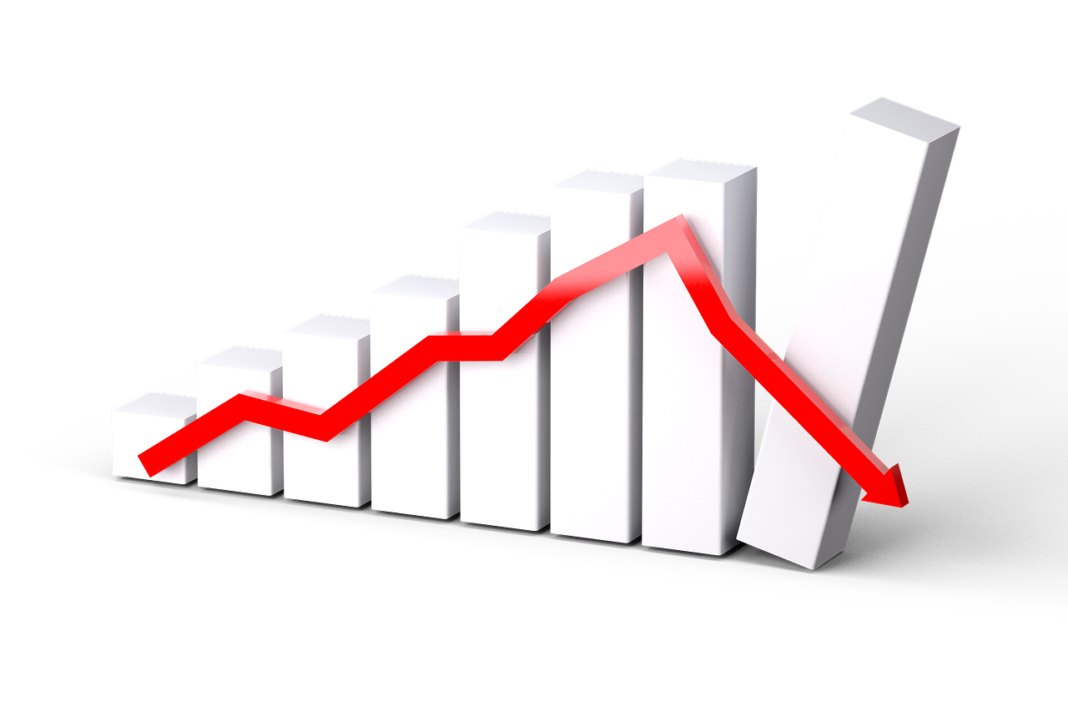By: C.R.
The Organisation for Economic Co-operation and Development (OECD) forecasts Slovenia a 4.6% growth this year and 2.5% next year. In December, it announced 5.4- or 3.2% growth. The organisation said that the main driver of growth will be private consumption. Unemployment will remain at record lows, increasing wage pressures.
According to the OECD, the latest forecast of economic growth for Slovenia partly reflects the negative consequences of the war in Ukraine.
Along with high and continuing rising fuel and food prices, inflation will also rise. As a big risk in the organisation, they point out that wage growth has led to an inflationary spiral.
According to OECD expectations, Slovenia’s fiscal policy will tighten slightly this year. Various measures and subsidies will be introduced for the most affected households in the light of high electricity prices. The state should finance additional support to households by reducing public spending, as Slovenia’s current fiscal policy risks prolonging inflationary pressures, the organisation points out.
Furthermore, according to the OECD, labour shortages and economic growth could be addressed through a more growth-friendly tax system and wage relief, on the other hand, more money would flow into the budget due to higher consumption and real estate tax.
The OECD predicts that economic growth will be driven by nine percent domestic demand. Private spending will grow by 10.5 percent this year, and state spending by 2.2 percent. According to the organisation’s forecast, gross fixed capital formation will increase by 11.8 percent.
According to the OECD, exports of goods and services will increase by 5.4 percent and imports by 10.5 percent.
Due to the war in Ukraine, the OECD has forecast this year’s global economic growth. This is expected to be 3%, not 4.5%, as the organisation predicted in December. They wrote that the world economy will pay a high price due to the Russian invasion of Ukraine.
However, the change of government and the shift to vulgo-socialism has apparently already triggered a response from international analysts.

